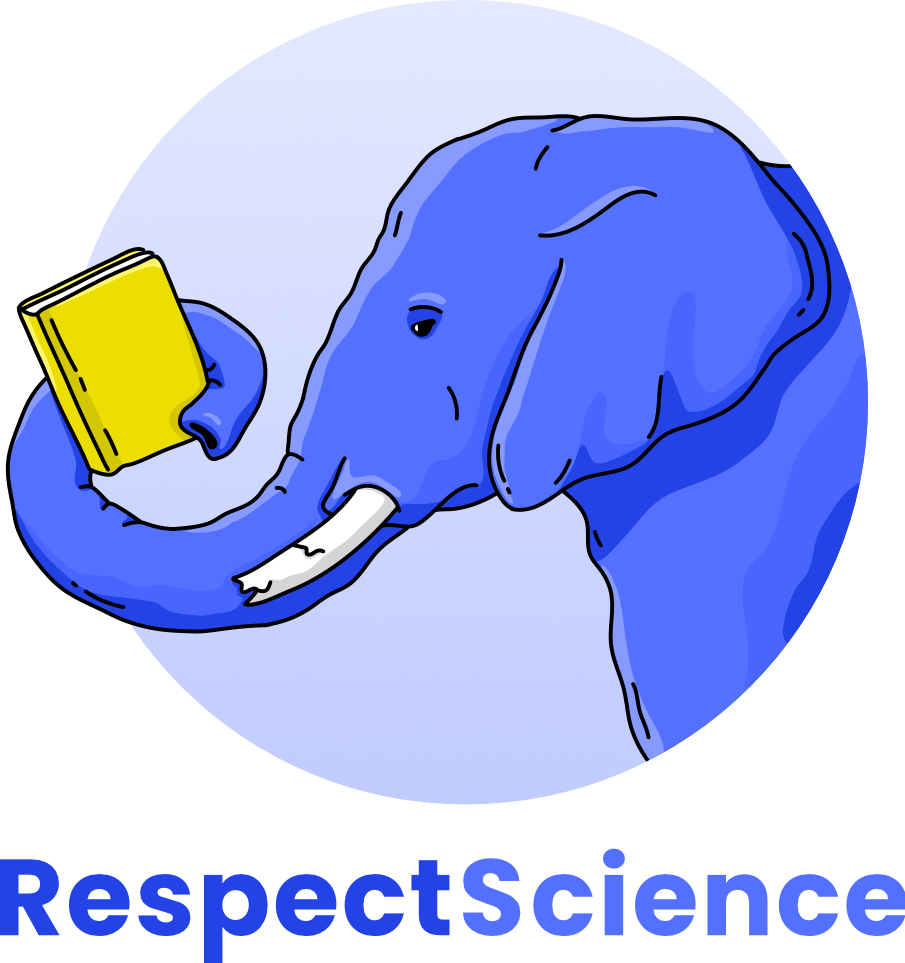Explanation:
Taxpayers’ money often funds scientific work and is not used efficiently due to the working conditions in the science system. Biomedical research alone receives up to $240 billion annually worldwide. Of this investment, an estimated 85 percent is wasted. The reason for this can be results that are not reproducible or cannot be used further. The pressure to publish additionally promotes the compulsion to work regularly on projects that can be publicized as quickly as possible. Due to the aforementioned conditions, there is a lack of time and appreciation to work out new ideas. This problem, which can be crudely described as “research waste”, is thus further fueled and taxpayers’ money is used up.
Science cannot afford to waste funds, labor and material resources. Research with no real added value wastes important resources and public money. Results that are not repeatable lead to a stagnant state of knowledge and can jeopardize research that builds on it. Scientific results and their subsequent benefits to society cannot be predicted. Knowledge gain for society should be in the foreground. To this end, new features must be created to promote careers.
